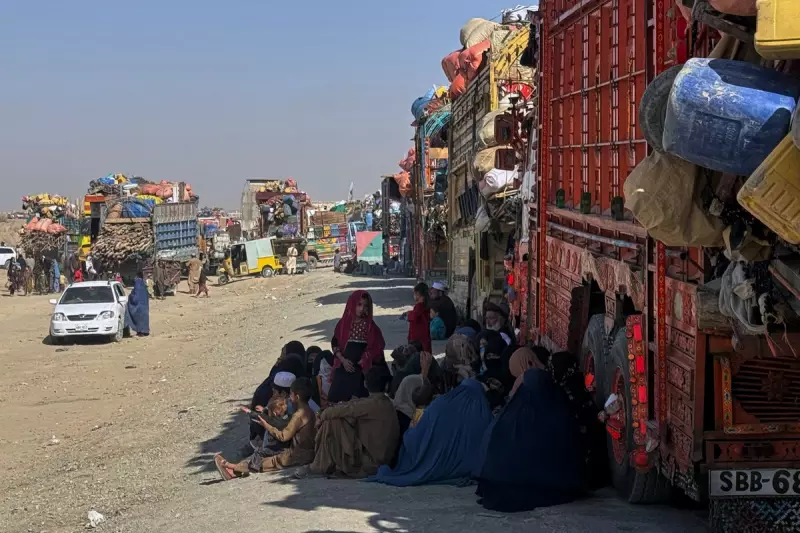
A devastating new United Nations report has laid bare the extreme pressure facing Afghanistan's fragile communities as millions of citizens return home, with nine out of ten families in affected areas now facing severe hardship.
A Nation Under Strain
The United Nations Development Programme (UNDP) survey, released on Wednesday, 13th November 2025, states that the return of 2.3 million Afghan nationals so far this year has dramatically intensified pressure on systems already on the brink of collapse. Many of these individuals were forcibly expelled from neighbouring Iran and Pakistan.
According to the assessment, which covered 48,711 Afghan households across all 34 provinces in July and August, a staggering 90% of families in areas with high return rates are now compelled to skip meals, sell their possessions, or take on debt simply to survive.
Compounding Crises and Gendered Impact
The situation is exacerbated by decades of conflict, recent earthquakes, climate shocks, and a sharp economic contraction. The UNDP notes that the mass arrival of returnees has increased competition for scarce jobs, water, and housing, further testing social cohesion and overwhelming local services.
Women and girls are bearing a particularly heavy burden. The Taliban-led government's severe restrictions on women's rights, including limits on movement and bans on most employment and secondary and university education, have crippled families' ability to cope. Kanni Wignaraja, UN Assistant Secretary-General and UNDP's regional director, highlighted that in some provinces, one in four households relies on a woman as the main breadwinner. "When women are prevented from working, families, communities, the country lose out," she said.
A Perfect Storm of Challenges
The scale of the return is monumental. Since September 2023, more than 4.5 million people have come back to Afghanistan, increasing the country's population by 10%. This has occurred against a backdrop of a sharp economic decline dating back to 2021, weak institutions, shrinking international aid, and recurrent climate disasters.
The report details a dire humanitarian picture:
- Over half of returnee families are foregoing medical care to afford food.
- Access to clean water is critically strained, with communities relying on seasonal rivers and shallow wells.
- Natural disasters have compounded the misery, including an August earthquake in the east that killed more than 2,200 people and destroyed over 8,300 homes in regions already struggling with high numbers of returnees.
"Taken together, the overlapping stresses of chronic poverty, large-scale returns, climate and seismic shocks, declining aid, and gender-based exclusion have created a perfect storm," the report concludes.
The UNDP is calling for urgent action and sustained diplomatic engagement from UN member states to protect vulnerable populations, warning that delay will only entrench displacement, exclusion, and instability, potentially fuelling new waves of outward migration. The message is clear: Afghanistan and the wider region cannot afford to wait.





